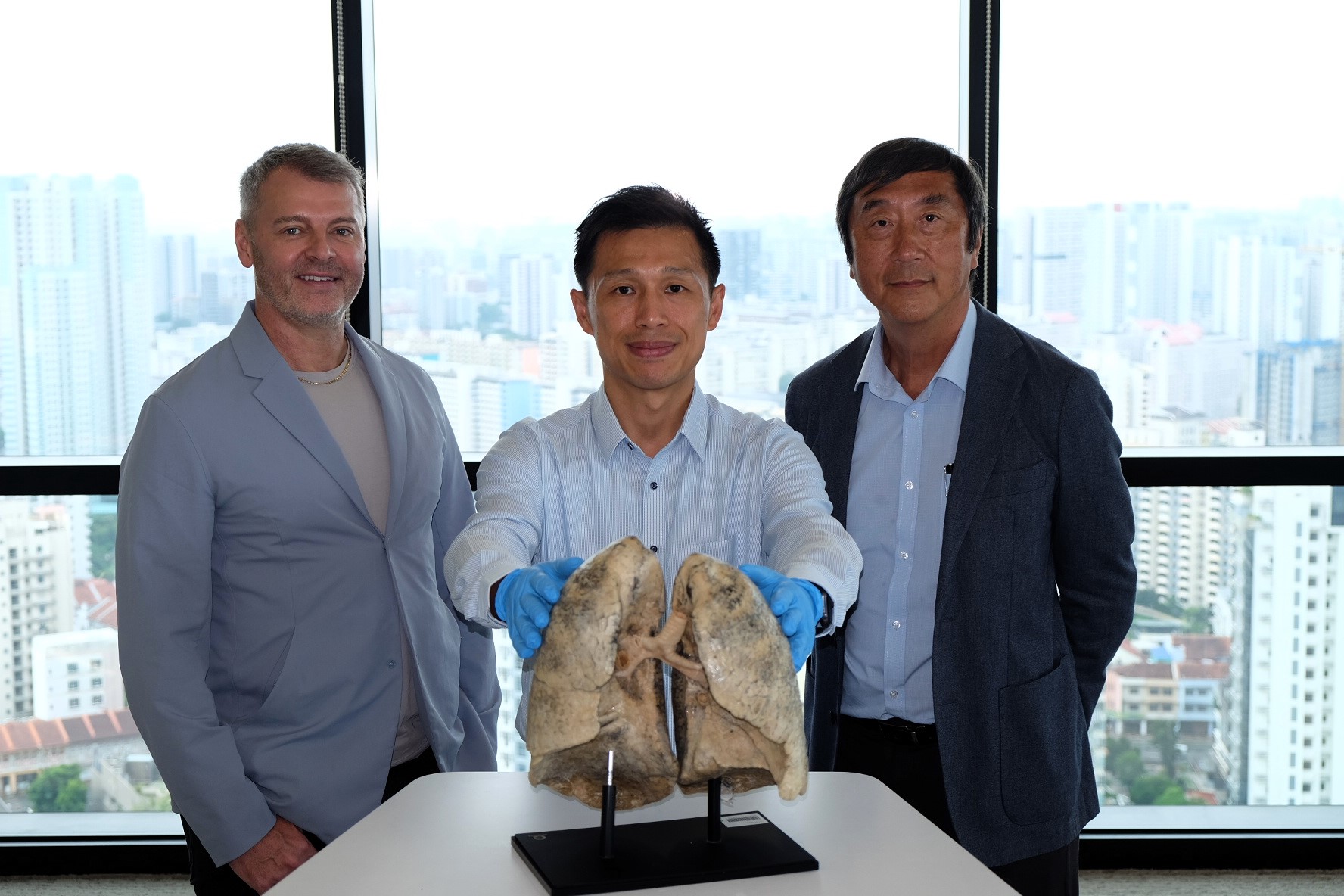
|
Getting your Trinity Audio player ready...
|
A comprehensive study led by researchers from Nanyang Technological University, Singapore (NTU Singapore) has estimated that approximately 135 million premature deaths between 1980 and 2020 were associated with fine particulate matter (PM2.5) pollution. Leveraging extensive data analysis, the study underscores the significant health impacts exacerbated by climate variability phenomena like El Niño.

This study is part of NTU’s SG$ 50 million interdisciplinary Climate Transformation Programme, which aims to address climate change challenges through research and collaboration. Future research will delve deeper into local air pollution patterns and the mechanisms by which climate variability influences PM2.5 levels.
The study utilised satellite data from NASA’s MERRA-2 dataset to analyse PM2.5 levels, combining this with health statistics from the Institute for Health Metrics and Evaluation. Climate data from the National Oceanic and Atmospheric Administration provided insights into the influence of weather patterns on pollution levels.
The findings, derived from advanced technology and analytics, emphasise the need for air quality management strategies that prioritise public health. Governments are encouraged to consider health outcomes when developing policies to mitigate air pollution, especially during specific weather conditions that exacerbate pollution levels. Additionally, integrating climate and pollution data can guide the implementation of targeted interventions during high-risk periods, thereby reducing the health burden on vulnerable populations.
Recognising the link between climate patterns and air pollution can help healthcare systems better prepare for increases in pollution-related illnesses. Proactive measures and resource allocation are essential to effectively manage the health impacts of PM2.5 pollution.
The study defined premature deaths as those occurring earlier than expected due to preventable causes such as diseases influenced by environmental factors. It attributed a substantial number of these deaths to exposure to PM2.5, fine particulate matter with a diameter of 2.5 micrometres or smaller.
Researchers identified that climate events, including the El Niño-Southern Oscillation, the Indian Ocean Dipole, and the North Atlantic Oscillation, exacerbated the effects of PM2.5 pollution, leading to a 14% increase in related premature deaths. These weather patterns contribute to conditions that increase the concentration of PM2.5 in the atmosphere, such as higher temperatures and stagnant air.
PM2.5 particles originate from vehicle emissions, industrial processes, and natural events like wildfires and dust storms. Due to their small sise, they can penetrate deep into the lungs, causing significant health issues, particularly for vulnerable populations.
Analysis revealed that strokes (33.3%), ischemic heart disease (32.7%), chronic obstructive pulmonary disease, lower respiratory infections, and lung cancer were the leading causes of premature deaths linked to PM2.5 pollution.
The study highlighted that Asia, particularly China and India, bore the highest burden of PM2.5-related premature deaths, with China accounting for 49 million and India for 26.1 million deaths. Other countries like Pakistan, Bangladesh, Indonesia, and Japan also experienced significant impacts.
The research estimated that concurrent climate events resulted in approximately 7,000 additional global premature deaths annually, with the Indian Ocean Dipole having the most significant effect.
This extensive data analysis provides critical insights into the interplay between climate variability, air pollution, and public health. By integrating satellite data with health and climate statistics, the study offers a robust framework for understanding and addressing the global health impacts of PM2.5 pollution.
The university harnesses cutting-edge technology to pioneer sustainability initiatives, advancing global well-being through innovation and collaboration. OpenGov Asia reported that NTU researchers are leading the AMBER project, utilising AI and remote sensors to monitor moth populations and assess ecosystem health, addressing global biodiversity decline.
This innovative approach aims to revolutionise biodiversity monitoring and conservation practices, highlighting the integration of modern technology to safeguard the planet’s ecosystems.
NTU Singapore’s commitment to such research highlights the importance of interdisciplinary approaches in tackling environmental and public health challenges.
















